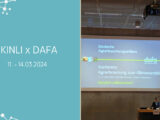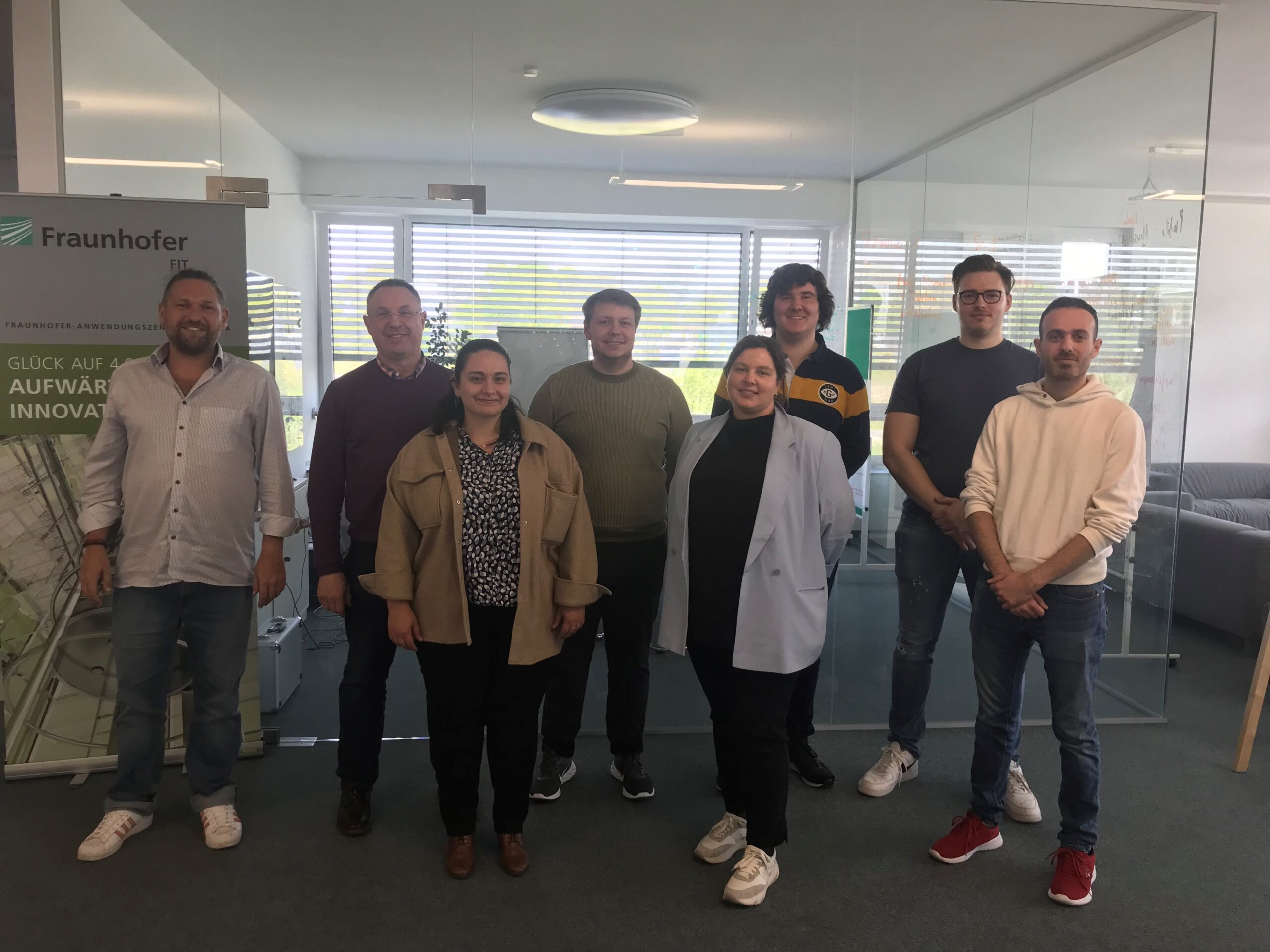KINLI (Künstliche Intelligenz für nachhaltige Lebensmittelqualität in Lieferketten) wants to apply a more predictive approach to control food quality and housing conditions of livestock. The scientific department of the consortium is creating a platform modelled after the data lake principle. This hub serves as raw data storage and may be used for AI training (i.e., Machine Learning).
As chosen training method, Deep Learning shall focus on real time data as well as on photographic images. Its goal is the unobserved analysis of this material to recognise patterns and predict problems. Researchers expect KINLI to work with data outside the training scenario to finalise the recognition process.
From data storage to utilisation
In order to optimise the food sector and its meat industry specifically, the project is tackling two use cases. Food quality shall firstly be secured through the investigation of boiled ham samples. Artificial Intelligence is then supposed to tag critical points within patterns of data. The intention is to avoid insufficient food quality early in production. For this, KINLI considers individual transportation and production chains.
Secondly, health and welfare of animals constitute the center of use case Two. AI-supported image analyses are to evaluate the health condition of turkeys and swine from our project partners. The overall assessment also includes gas assays, questionnaires, and other medical measures. One consequence is the reduction of disease-related antibiotics.
In its entirety, KINLI manages to approach food industries that are checkable on quality, safety, and health levels.

